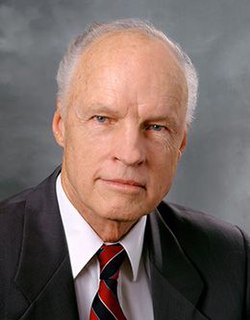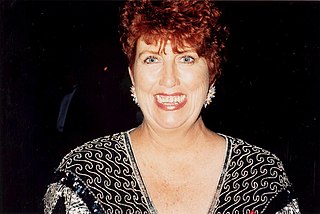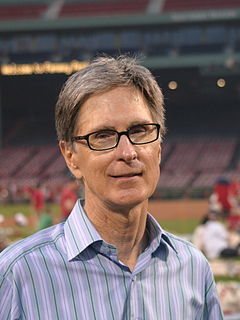A Quote by Truman G. Madsen
To be or not to be?' That is not the question. What is the question? The question is not one of being, but of becoming. 'To become more or not to become more' This is the question faced by each intelligence in our universe.
Related Quotes
If you meditate long enough, deep enough, it is impossible for you to hurt anybody for food; it is impossible. It is not a question of argument, it is not a question of scriptures, it is not who says what, it is not a question of calculating that if you take vegetarian food you will become spiritual; it is automatic. It is not a question of cunningness, you simply become spiritual. The whole thing seems so absurd. Just for food, killing animals, birds, seems so absurd, it falls down.
I think morality is more important than ever before. As we gain more power, the question of what we do with it becomes more and more crucial, and we are very close to really having divine powers of creation and destruction. The future of the entire ecological system and the future of the whole of life is really now in our hands. And what to do with it is an ethical question and also a scientific question.
In the Marquette Lecture volume, I focus on the question in the title. I emphasize the social and political costs of being a Christian in the earliest centuries, and contend that many attempts to answer the question are banal. I don't attempt a full answer myself, but urge that scholars should take the question more seriously.


































